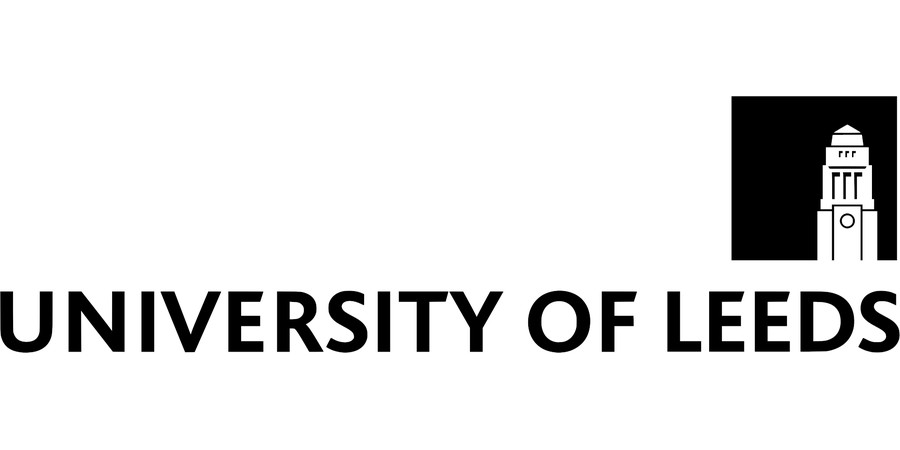PhD Studentship: Using systems thinking to align health, environmental, and justice co benefits of the transition to Net Zero in UK schools
University of Leeds - School of Civil Engineering
| Qualification Type: | PhD |
|---|---|
| Location: | Leeds |
| Funding for: | UK Students |
| Funding amount: | £20,780 |
| Hours: | Full Time |
| Placed On: | 27th October 2025 |
|---|---|
| Closes: | 24th November 2025 |
| Reference: | PGR-P-2333 |
Number of Positions: 1
Eligibility: UK Only
Funding: School of Civil Engineering Scholarship, providing the award of full academic fees, together with a tax-free maintenance grant at the standard UKRI rate of £20,780 per year for 3.5 years.
Lead Supervisor’s full name & email address
Dr Douglas Booker: d.d.booker@leeds.ac.uk
Co-Supervisor’s full name and email address
Professor Katy Roelich: K.E.Roelich@leeds.ac.uk
Professor Catherine Noakes: C.J.Noakes@leeds.ac.uk
Professor Mark Mon-Williams: M.Mon-Williams@leeds.ac.uk
Project summary
With the UK Government committed to achieving Net Zero by 2050, decarbonising the built environment is essential to meet these goals. Improvements to buildings to make them more energy efficient requires high levels of air tightness to prevent heat loss. However, high levels of air tightness can result in significant unintended consequences, including poor indoor air quality (IAQ), and overheating.
There are nearly 127,000 nurseries and school buildings in England and Wales, educating over 11 million students, contributing 15 percent of carbon emissions from public buildings in the UK. We urgently need a better understanding of the complex relationships between Net Zero building adaptations, IAQ, overheating, and children and young persons health, and how interventions can be implemented to align health, environmental, and justice co benefits in UK schools.
The project will use systems thinking approaches to understand systemic and structural barriers in the delivery of Net Zero schools, and potential levers to optimise heath, environmental, and justice co benefits. The candidate will work with the CHILI Hub (Child and adolescent Health Impacts of Learning Indoor environments under net zero), a five-year UKRI and NIHR funded project in collaboration between five universities (UCL, Leeds, Imperial, Swansea, York) and the UK Health Security Agency. CHILI uses energy and air quality modelling, indoor environmental quality data, large health data sets, and cocreation and engagement with schools and other stakeholders to provide an evidence base for how the indoor environment in schools can affect children and young persons health, in particular as school and nursery buildings are being adapted to meet Net Zero targets.
Please state your entry requirements plus any necessary or desired background
A first class or an upper second class British Bachelors Honours degree (or equivalent) in an appropriate discipline.
Advert information
Type / Role:
Subject Area(s):
Location(s):









